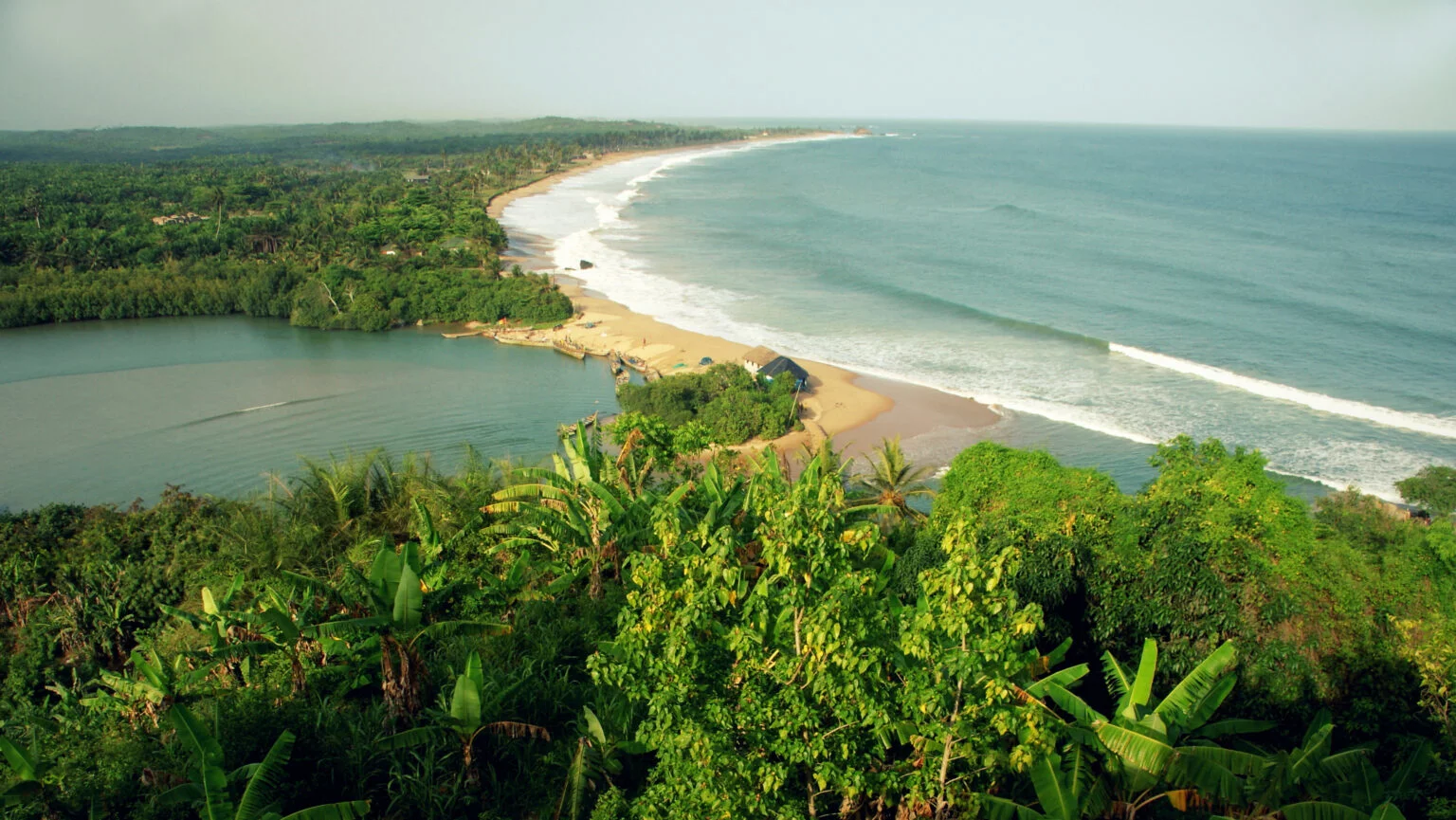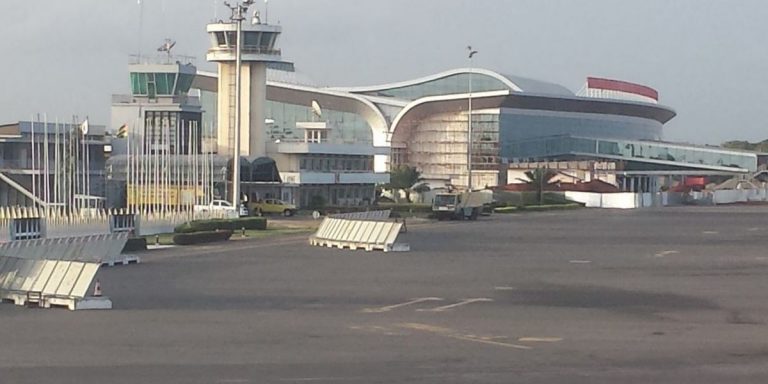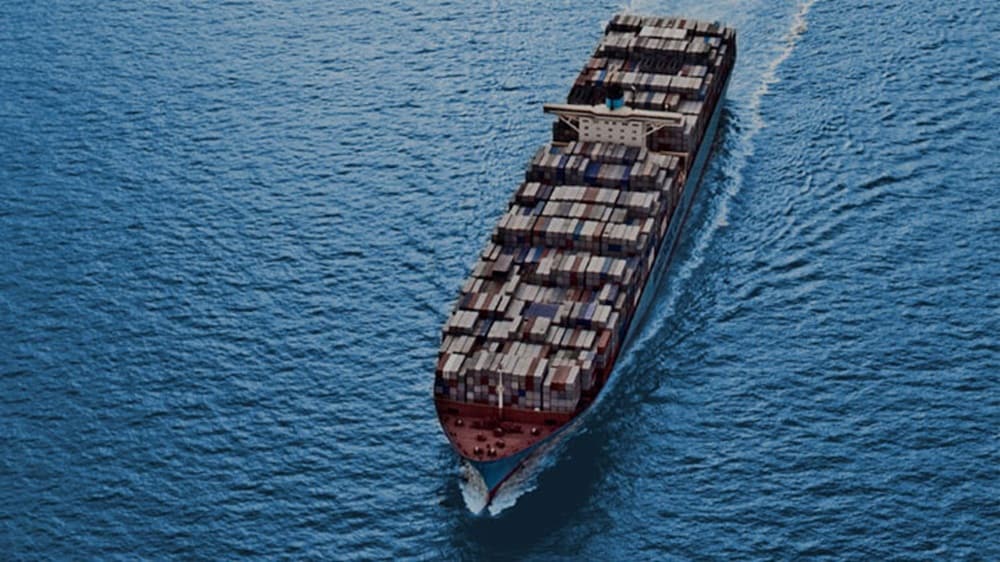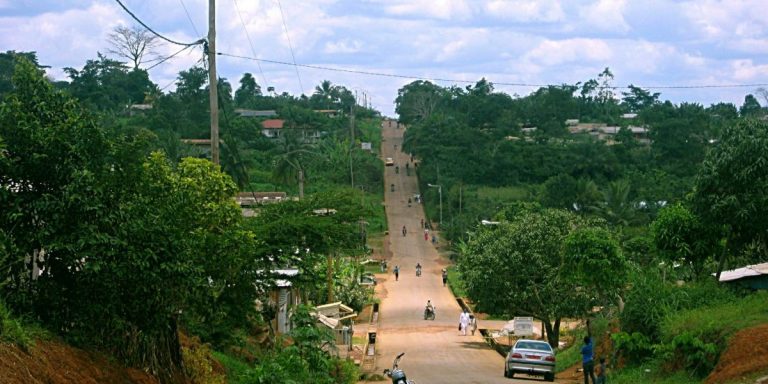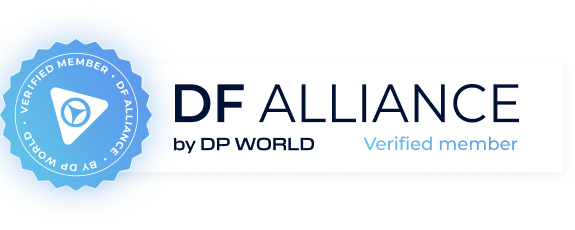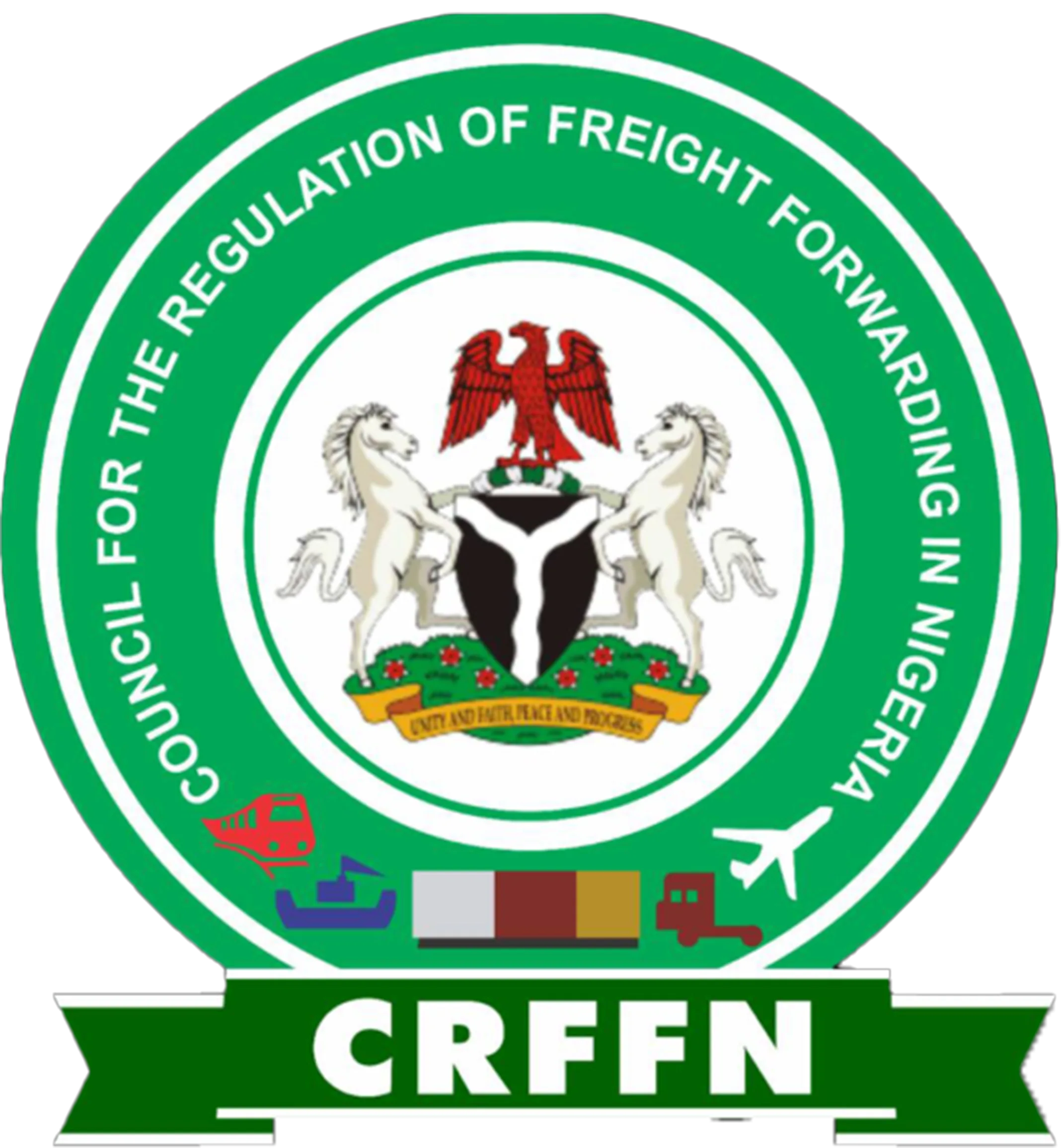Connecting Gambia across Africa and beyond
Providing you with expert guidance for navigating The Gambia’s complex trade landscape.
From a leading Gambian shipping provider, we leverage our extensive network and deep local knowledge to ensure seamless cargo movement. Our expertise spans the export of key Gambian commodities, like groundnuts, sesame, cashew nuts, scrap metals, seafood, etc., to destinations across Africa and beyond.
We recognize The Gambia’s position as a vital import hub, facilitating the flow of finished goods and foodstuffs from around the world. Limark Gambia ensures reliable on-forwarding of these goods into the country. Trust our end-to-end logistics solutions to streamline your Gambian trade operations and unlock new opportunities for your business.

Import regulations
Importing goods to Gambia requires navigating specific procedures and documentation. Here’s a breakdown of the essential requirements:
Export regulations
Get a detailed guide that provides an in-depth look into every aspect of the export process to ensure your goods are shipped efficiently and in compliance with all legal standards.
Borderless Across Africa
Seamless cross-border Shipping to and from Gambia
Limark Gambia is your trusted partner for seamless shipping to and from Gambia. With a deep understanding of the local market and a proven track record of success, we facilitate the smooth flow of your goods across borders. Whether you’re exporting Gambian specialties like groundnuts or cashew nuts, or importing essential supplies, our expertise ensures reliable and efficient cargo handling.
Navigating international trade can be complex, but Limark Gambia simplifies the process. Our experienced team offers end-to-end logistics solutions, managing everything from freight forwarding and customs clearance to warehousing and distribution. Let us handle the complexities of shipping while you focus on growing your business.

Get Expert Guidance
Contact our regional experts
Partner with experienced freight forwarders and customs brokers for seamless shipping to and from Gambia. Ensure full documentation compliance with the guidance and logistics services of our team.
